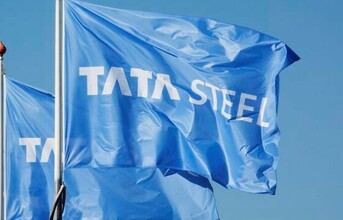
South East Asia
The South East Asian operations were affected by weak demand and a contraction in the rebar-scrap spread on the back of a significant increase in imports from China. Deliveries increased at NatSteel's operations in Singapore though they declined in China.
Tata Steel Thailand also recorded an increase in sales, including value-added domestic rebar sales, during the fourth quarter.
• FY'15 deliveries declined to 3.59 million tonnes from 3.98 million tonnes in FY'14. Q4FY'15 deliveries declined to 0.76 million tonnes, from 0.80 million tonnes in Q3FY'15 and 1.07 million tonnes in Q4FY'14.
• Turnover in FY'15 declined to INR 13,048 crores compared to INR 16,988 crores in FY'14. Q4FY'15 turnover was INR 2,461 crores versus INR 2,831 crores in Q3FY'15 and INR 4,365 crores in Q4FY'14.
• EBITDA in FY'15 was a loss of INR 500 crores compared to the profit of INR 439 crores in FY'14 due to compression of rebar-scrap spreads and one-off provisions. Q4FY'15 EBITDA was a loss of INR 232 crores compared to the loss of INR 18 crores in Q3FY'15 and profit of INR 80 crores in Q4FY'14.
Corporate Developments
Kalinganagar Project (KPO) update
The construction of KPO has progressed well and heating of the coke ovens commenced in the second week of May after all clearances were received. The project will follow a commissioning sequence over the next six months as each facility gets commissioned.
Commercial production is expected to commence in H2FY'15. The Kalinganagar Steel Plant is a state-of-the-art 3 million tonnes plant that will increase production capacity, widen the product portfolio and diversify the customer base.
Impairment update
The Company recognised a non-cash write-down of goodwill and assets in the consolidated financial results in Q4FY'15 of INR 4,951 crores, mainly relating to the Long Products UK business in Tata Steel Europe which is now fully impaired.
The impairment included a write-down of investments in overseas raw materials projects in Mozambique and Ivory Coast and the Taconite project in Canada because the economic viability of these projects remains uncertain at the current level of commodity prices.
Continued to next page



























